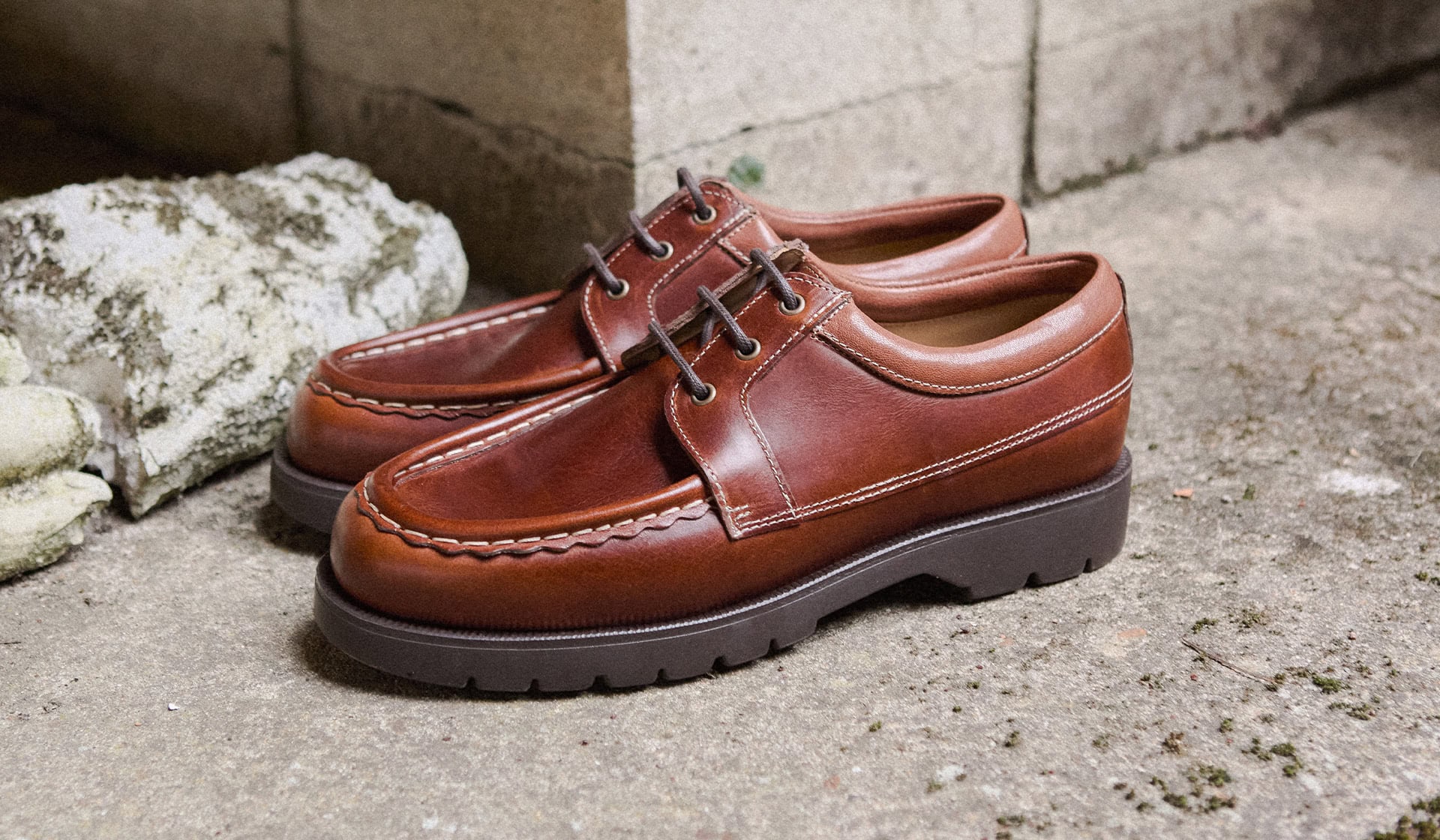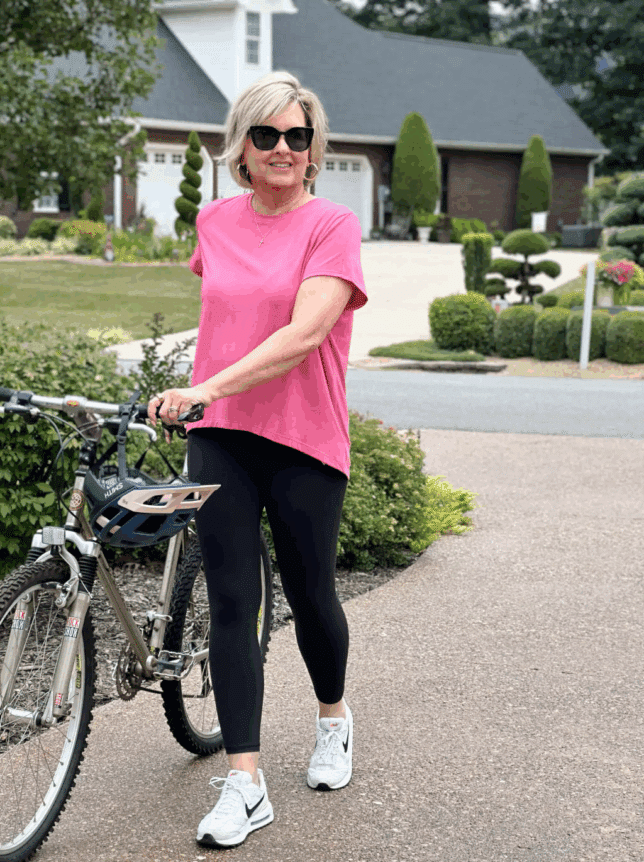This article is written by a student writer from the Her Campus at Ashoka chapter and does not reflect the views of Her Campus.
Today, on the 31st day of August, as procrastination paid its daily visit to me, handed me my phone, clicked on Instagram, and held my thumb down as I scrolled through the million reels that kept popping on my For You page. There seemed to be no end to this scrolling spree- not even when the inner voice, my biggest critique who has not always had my best interest at heart told me how my work ethic is slowly fading as I get older and how I’m starting to let go of that “straight A student” in me. I ignored her and continued staring at my phone until I stumbled upon a particular reel that encouraged its viewers to share the most eye opening quote that changed their life.
As I reached for the first one in the comment section, it was as though my overthinking package for the next week and a half was sitting there, wrapped up like a present. It was a quote by Mark Twain: “There are two most important days in your life, the day you are born and the day you figure out why.” I’m 19, and if I think I have figured out my purpose on Earth then I’m probably wrong. Yet, I’ve often found me telling myself that I was born to understand emotions and help others do the same, to give pep talk after pep talk until doubts vanish. Maybe this was just a by-product of all the lofty ambitions I had of becoming a psychologist as a pre-teen, but I’ve always yearned for it to be true.
But if it’s the concepts of ambition and purpose that are meant to mold an individual into their greatest and most successful self, then for me, achieving that felt equivalent to pushing a boulder uphill. However, my hands had grown weary of constantly caressing my face just to try and bring that smile back after a heavy day of coping with those perpetual waves of uneasiness that kept presenting themselves, with knots in my stomach that kept getting tighter, and a pulse that raced like it had to win some marathon that I did not sign up for.
The truth about growing up with chronic anxiety is that it slowly creeps up on you and before you know it, ensconces itself into your being. What follows is the manifestation in ways both big and small—you may catch a glimpse of it in your self-image, then gain a deeper insight of it as you try and tackle a challenge that you always dreaded. At first, this anxiety came up to the surface just before events like exams or major changes in life that are deemed normal. Thus, shoving it aside I moved forward because that’s what society tells you to do- you don’t look back, such struggles are always in your head, and the less attention you pay to them the better.
But then, when I was 15, it showed up loudly, as though the “shoving aside” had finally run its course and my body declared it was time to yell. I felt my knees touch the bathroom floor with the water from the showerhead dripping and roaring at the same time, as if mirroring the battlefield that was my mind. My heart raced and my chest ached as though it was carrying a million pounds. I waited for my eyes to well up and for the tears to roll down my cheeks except they never showed up. In their place came fear and self-flagellation to leave their mark. But I slowly picked myself up, ran my hand across my face, looked at myself in the mirror, and quietly urged myself to rebel against my anxiety. While continuing to stare in the mirror, probably looking like a fool, I gave myself my pep talk. Once your first anxiety attack hits you, it becomes more like a routine—a series of aches and restlessness that eventually all settles in one place, rendering a stomach ache or headache for the rest of the day. Soon, I gently nudged myself in the direction of self-expression, reflection, and help.
My therapist’s words from my first session are still etched in my mind—“you will need these,” she had said as she handed me my prescription. “It’s not your fault, Aarna. It’s how your brain is wired. You will be fine.” These words stayed with me even after four years because for the longest time I did think it was my fault.
I would think of my parents, who had worked so hard to provide me with everything that I could possibly need, and then here I was, “wasting it all,” as society would say. And why? Because that anxiety routine would knock on my door every time I had to write an exam, or I had to walk away from someone so beautiful just because my anxiety had convinced me that the reciprocation of my feelings is not just impossible, but a myth. I often thought to myself that it must be so exhausting and burdensome to have a daughter who works hard but ultimately might just waste it all simply because of struggles born in her mind.
Over the years, anxiety has woven a web of uncertainty around me. But what is certain in this web is that no matter how deep I have been in the depths of despair, I have always picked myself up, dusted the dirt off my shoulders, and faced some of my biggest fears. And yes, maybe that was aided by the pills I took to calm my anxiety but today, as I stand tall in my 19-year-old-self, I choose to view that through the lens of strength and beauty. Anxiety is no longer the source for shame, but a highlight of how unique my strength is, because I have learnt to care for myself through it.
As you tear down the walls of guilt and shame that society has constructed, you get to see that the parts you hated most about yourself are the ones that make you the strongest. They hold you back but also sit as a reminder of all the things you have accomplished despite everything that tried to tie you to the ground. And now, I find myself thinking just how fortunate my parents are to have a daughter with a force inside her that pushes her to be the strongest version of herself (even if that force manifests as anxiety). It is almost as though the universe bestowed anxiety upon me to constantly remind me of my strength as I power through every challenge that comes my way.

.jpeg)





















.jpeg)













 English (US) ·
English (US) ·